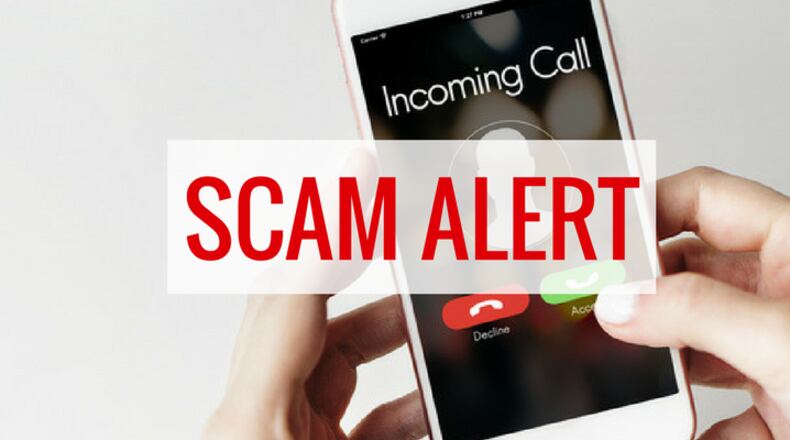The company says callers should be wary if they are threatened over the phone with disconnection, and if a caller asks for any personal information or to send money with a pre-paid debit card. Scammers target individuals, but also target small business during peak hours, such as restaurants during the lunch rush, in an effort to catch employees off guard and trick them into giving account information.
If you receive a call and aren't sure it is truly from DP&L, the company says to hang up immediately and call DP&L at 800-433-8500 to ask any questions about your account. Accounts can be checked online at mydpandl.com.
DP&L says scammers may also target people through email, social media and even door-to-door visits. Consumer agencies say that if someone comes to your door claiming to be a utility company representative and wants to see a copy of your bill, do not share it with them. Your bill may include account information you want to protect. Also, anyone who works with your utility company and should have access to your bill already would have it, and would not need it from you.
Scams like these are prevalent nationwide. The Better Business Bureau warns one red flag to watch for is a demand to pay only in a certain way, such as a gift card or bitcoin. Utilities do not demand payment like that. Another, of course, is if you know that you are current on your bills, and have received no prior warnings. Utility companies are typically required to send several communications about overdue payments before notifying customers about service ending.
Consumer Warrior Clark Howard points out that power companies will not call and ask for bank account information or a credit card number. They will also never come to your door and demand immediate payment. And he points out that scammers are getting more elaborate in their impersonation of utility companies. Sometimes they will wear uniforms just like company employees, and sometimes they will even set up fake customer service phone numbers, with hold music that sounds just like your utility company.
That’s why it’s always important to call your utility at a number you have verified is your company, and not a number given you by a possible scammer.
About the Author
